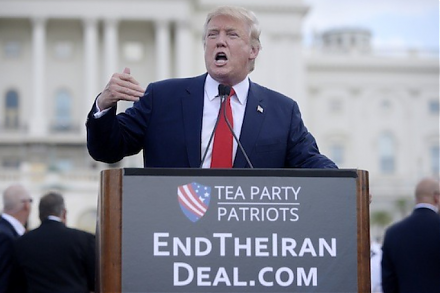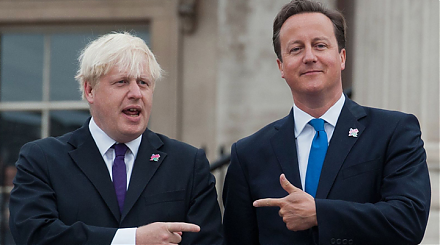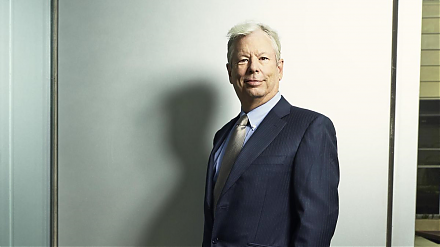

2019-11-07 14:36:00 Thu ET
technology antitrust competition bilateral trade free trade fair trade trade agreement trade surplus trade deficit multilateralism neoliberalism world trade organization regulation public utility current account compliance
America expects to impose punitive tariffs on $7.5 billion European exports due to the recent WTO rule violation of illegal plane subsidies. World Trade Organization rules that America can impose 25% tariffs on $7.5 billion European goods such as coffee, wine, whisky, cheese, and so forth in retaliation for illegal subsidies for the European airplane-maker Airbus. This decision may spark a tit-for-tat trade conflict between Europe and the U.S. to further destabilize a fragile global economy in the recent dawn of an interim partial trade deal between China and America.
The major trans-Atlantic stock markets from S&P 500, Dow Jones, and Nasdaq to FTSE and Euro Stoxx 50 plunge substantially in response to the new resolution of a 15-year trade dispute between Europe and America. As of October 2019 the U.S. trade institution targets Britain, France, Germany, and Spain as the main Eurozone consortium countries for Airbus airplane production. As U.S. trade envoy Robert Lighthizer suggests, the WTO confirms that the U.S. can impose countermeasures in response to the European illegal subsidies for Airbus. Lighthizer seeks to begin new trade negotiations with European counterparts to resolve this complex issue in a consistent way that would benefit American workers.
If any of our AYA Analytica financial health memos (FHM), blog posts, ebooks, newsletters, and notifications etc, or any other form of online content curation, involves potential copyright concerns, please feel free to contact us at service@ayafintech.network so that we can remove relevant content in response to any such request within a reasonable time frame.
2018-05-06 07:30:00 Sunday ET

President Trump withdraws America from the Iran nuclear agreement and revives economic sanctions on Iran for better negotiations as western allies Britain,
2019-02-17 14:40:00 Sunday ET

U.S. economic inequality increases to pre-Great-Depression levels. U.C. Berkeley economics professor Gabriel Zucman empirically finds that the top 0.1% rich
2019-12-22 08:30:00 Sunday ET

European Commission President Ursula von der Leyen now protects the European circular economy and green growth from 2020 to 2050. The new circular economy r
2020-01-08 08:25:00 Wednesday ET

Conservative Party wins the British parliamentary majority in the general election with hefty British pound appreciation. In response to this general electi
2021-07-07 05:22:00 Wednesday ET

What are the best online stock market investment tools? Stock trading has seen an explosion since the start of the pandemic. As people lost their jobs an
2023-09-14 09:28:00 Thursday ET

Colin Camerer, George Loewenstein, and Matthew Rabin assess the recent advances in the behavioral economic science. Colin Camerer, George Loewenstei